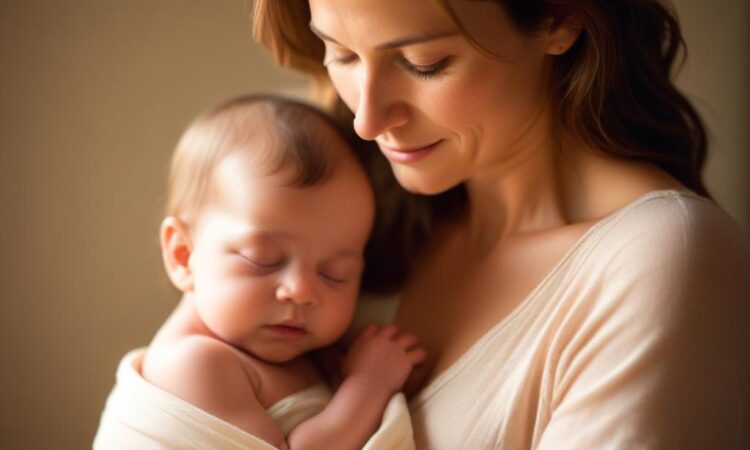Beatrice Opens Up About Premature Baby’s Birth
Okay, so this is a bit of a rollercoaster story, but Princess Beatrice recently shared some seriously heartfelt stuff about the birth of her second child. And let me tell you, it’s a real eye-opener. It wasn’t exactly the picture-perfect arrival we might imagine for a royal baby.
Apparently, the little one arrived a bit early – premature, to be exact. Beatrice described it as “months of sheer worry,” which, honestly, just hits you right in the feels. Imagine the stress! We’re talking about a royal, someone who probably has a whole team of people around to help, and yet, she still experienced this incredible level of anxiety.
It just goes to show you that even with all the resources in the world, having a premature baby is a terrifying experience. You know, we often see the glossy, perfect images of royal life, but this is a reminder that even for princesses, things aren’t always easy.
Beatrice’s honesty is really refreshing. She didn’t shy away from sharing the emotional rollercoaster. She talked about the fear, the uncertainty, and the sheer exhaustion that comes with caring for a premature baby. It’s a glimpse into a side of royal life we rarely see – the raw, vulnerable side.
Think about it: sleepless nights, constant worry, the medical appointments, the emotional toll on the parents… it’s a lot. It’s easy to forget that even royals are just regular parents dealing with the same challenges as the rest of us. This vulnerability makes her even more relatable.
What I found particularly powerful was her use of the word “humbling.” That one word perfectly encapsulates the entire experience. Facing the fragility of your child’s life, no matter your status, is undeniably humbling. It forces you to confront your own mortality and appreciate the little things.
This isn’t just a story about a royal birth; it’s a story about motherhood, about the challenges and triumphs of bringing a child into the world. It’s a story about the unexpected twists and turns that life throws at us, even when we’re surrounded by privilege. And ultimately, it’s a story about the resilience of the human spirit, a testament to the strength of a mother’s love.
It’s made me think a lot about the unspoken struggles many parents face, particularly those with premature babies. The constant worry, the medical procedures, the emotional drain – it’s a journey few truly understand unless they’ve lived it. Beatrice’s openness has helped shine a light on this often overlooked aspect of parenthood.
It’s easy to focus on the “glamour” aspects of royal life, but this is a powerful reminder that behind the headlines and the public appearances lie very real, very human experiences. And for that, I applaud Beatrice’s honesty and vulnerability. She’s given a voice to something many parents can relate to, and in doing so, has created a connection that transcends titles and privilege.
What Beatrice’s story really highlights is the universality of parental anxieties. It doesn’t matter if you’re a royal or a regular person; the love and worry for your child are the same. This shared experience is what makes her story so impactful and resonating.
It’s been incredibly moving to hear her share this personal experience. And I think it’s a powerful message – that even in the face of adversity and uncertainty, there is strength, resilience, and ultimately, love. It reminds us to cherish the moments, big and small, and to appreciate the preciousness of life.
This whole experience really underlines the importance of supporting parents of premature babies. It’s a challenging journey that requires a strong support system, both emotionally and practically. Let’s remember to offer kindness and understanding to those navigating this difficult path.
In short, Beatrice’s story is a testament to the strength and resilience of mothers everywhere and a poignant reminder of the unexpected realities of parenthood, regardless of background.
It’s a powerful reminder that behind the fairytale facade, there are very real struggles and very real emotions. And that, in itself, is incredibly humanizing.

